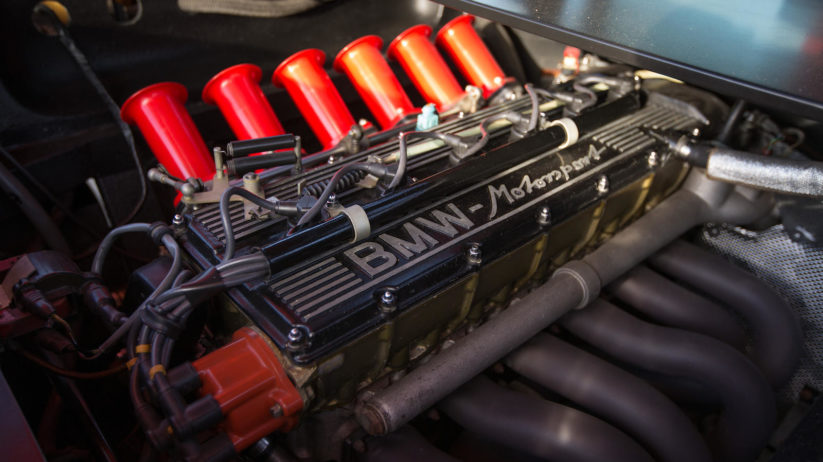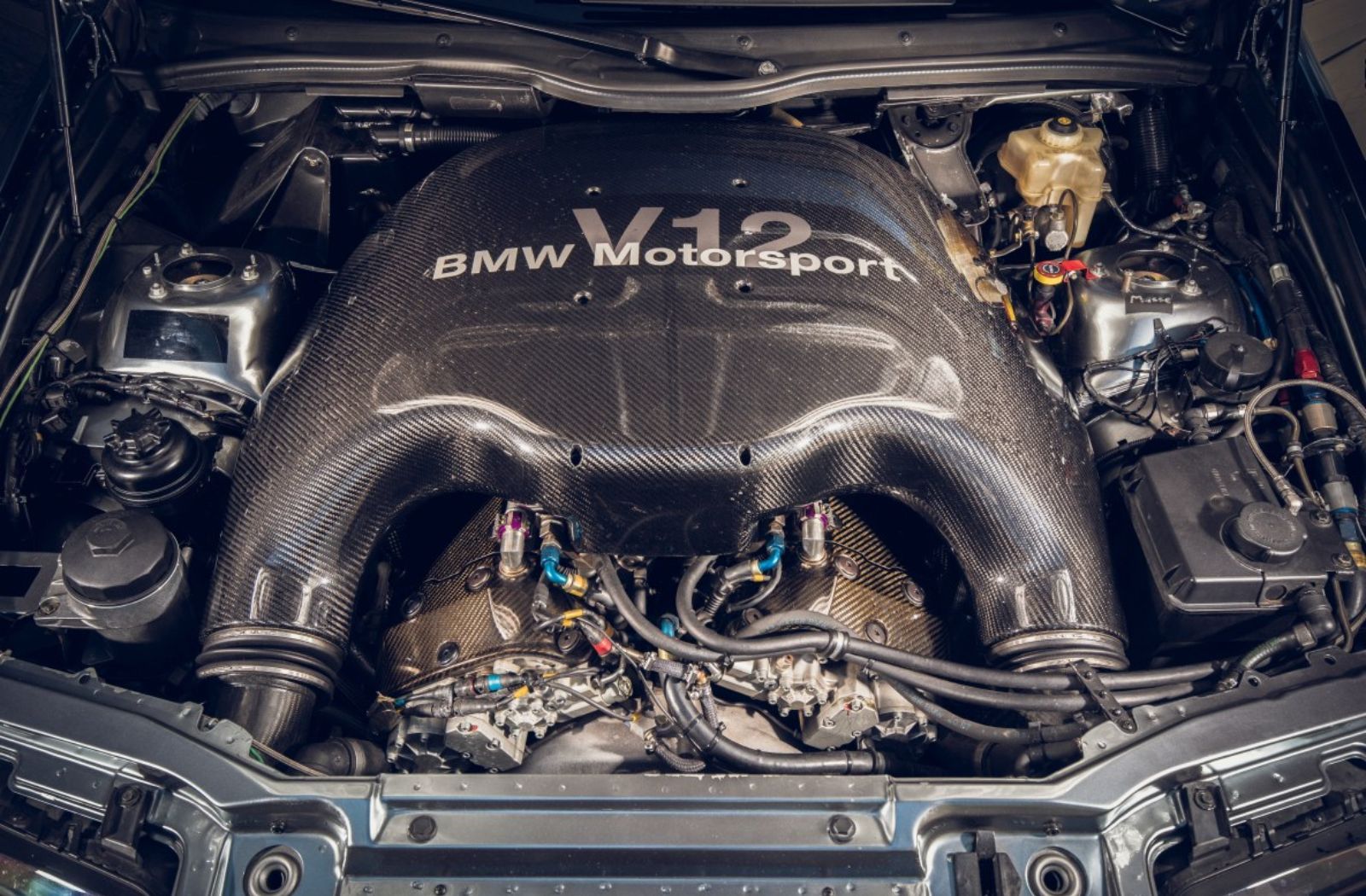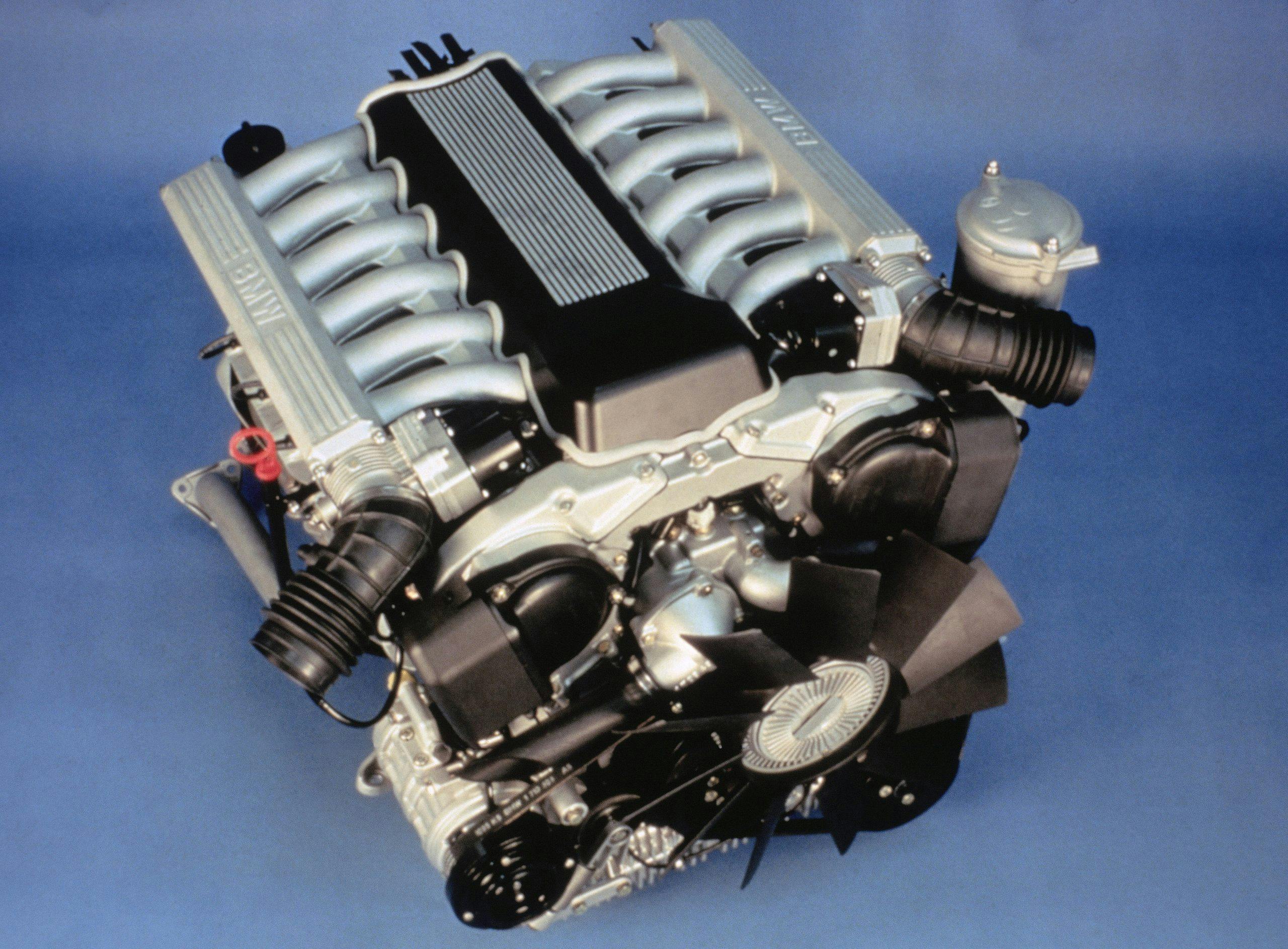Revealing the Intricacies of Next-Generation Power Units: a Deep Study Advanced Engine Innovations and designs
As we stand on the precipice of a brand-new period in transport, the details of next-generation engine designs bid us to check out the advanced technologies and developments that guarantee to redefine the driving experience. Digging deeper right into the realms of exhaust control, intelligent engine management systems, and the horizon of power unit development, we find ourselves on the cusp of an improvement that promises to reshape the landscape of mobility as we understand it.
Advancement of Engine Materials

The shift in the direction of progressed engine materials has additionally allowed engineers to create engines with higher power results while keeping gas effectiveness standards. The usage of light-weight materials decreases the overall weight of the engine, leading to improved fuel economic situation and reduced emissions. Furthermore, developments in products technology have enabled far better thermal administration within engines, resulting in raised integrity and longevity.
Turbocharging and Supercharging Technologies
Exactly How do Turbocharging and Supercharging Technologies reinvent engine performance and performance in contemporary cars? Turbocharging and turbo charging are innovations that significantly improve engine performance by increasing the quantity of air consumption into the burning chamber. Turbocharging achieves this by using a turbine driven by exhaust gases to pressurize the consumption air, while turbo charging uses a belt- or chain-driven compressor to attain the exact same result.
These innovations enable smaller sized, much more fuel-efficient engines to generate power equivalent to larger ones, referred to as downsizing. By compeling more air right into the cyndrical tubes, turbocharging and turbo charging improve burning efficiency, leading to raised horsepower and torque result without a considerable increase in engine size. This leads to much better velocity, towing ability, and general driving efficiency.
Moreover, turbo charging and turbocharging contribute to boosted fuel effectiveness by permitting the use of smaller engines that take in much less gas under normal driving conditions - bmw engine. This mix of boosted performance and effectiveness has made turbocharging and turbo charging integral components of numerous modern-day engine layouts
Discharge Control and Environmental Influence
With increasing worldwide worries regarding air quality and environmental sustainability, the execution of emission control innovations in automobiles plays an essential role in minimizing dangerous toxins launched right into the ambience. Modern vehicles are equipped with advanced emission control systems that help lessen the environmental effect of automobile operations. Catalytic converters, as an example, are developed to convert hazardous gases such as carbon monoxide, nitrogen oxides, and hydrocarbons into less damaging compounds like carbon dioxide and water vapor.
Additionally, developments in engine innovation, such as the assimilation of exhaust gas recirculation systems and selective catalytic reduction, have actually dramatically added to decreasing emissions. These innovations operate in tandem to enhance combustion efficiency and lessen the launch of damaging contaminants into the air. In addition, the advancement of hybrid and electric cars stands for a critical step towards lowering the general ecological footprint of the transportation field.
Intelligent Engine Monitoring Solution

In addition, these systems allow vehicles to satisfy stringent exhausts standards without endangering performance, giving a much more environmentally pleasant driving experience. The combination of expert system and artificial intelligence capacities in engine management systems continues to press the limits of what is feasible, resulting in more enhancements in performance, reliability, and general car performance. bmw engine. As automotive technology advances, smart engine administration systems will certainly play an essential function in shaping the future of transport towards a much more lasting and efficient instructions
Future Trends in Power System Growth
As smart engine administration systems pave the means for improved control and optimization in modern-day lorries, future trends in power device growth are poised to redefine the landscape of automobile propulsion technologies. Among the essential fads driving development in power device advancement is the change in the direction of electrification. With a raising concentrate on sustainability and reducing carbon emissions, hybrid and electric powertrains are becoming much more common in the automobile sector. These alternate source of power use boosted effectiveness and efficiency while straightening with stringent environmental laws.
Another substantial fad is the assimilation of innovative products and producing strategies. Light-weight products such as carbon fiber and light weight aluminum are being used to reduce total automobile weight, boosting gas performance and performance. Additionally, advancements in 3D printing and additive production are allowing the production of intricate engine elements with higher accuracy and pop over here toughness.
Additionally, artificial intelligence and machine understanding are playing a vital role in maximizing power system efficiency. These modern technologies permit real-time surveillance and adaptive control, bring about much more reliable and trusted power distribution. In general, future fads in power unit growth are geared towards performance, sustainability, and effectiveness, driving the vehicle sector towards a brand-new era of propulsion innovations.

Final Thought
To conclude, the improvements in engine products, turbocharging, discharge control, and smart monitoring systems have actually led the way for next-generation power units. These innovations have not just improved efficiency and efficiency yet also minimized environmental effect. As technology remains to advance, future trends in power unit growth are likely to focus on additional enhancing sustainability and enhancing power outcome. The intricate layouts and developments in contemporary engines display the ongoing development of vehicle modern technology.
Checking out the dynamic innovations in engine products has Web Site actually been essential in boosting the efficiency and performance of modern-day engines. Over the years, the evolution of engine products has actually played a vital duty in pressing the borders of what engines can attain.The change in the direction of progressed engine products has also enabled engineers to design engines with higher power results while keeping gas effectiveness requirements.The application of intelligent engine management systems in modern Resources vehicles has transformed the method engines are controlled and optimized for efficiency and performance. By gathering data in real-time and evaluating it with sophisticated algorithms, smart engine monitoring systems can adapt to driving styles, ecological aspects, and engine health and wellness to take full advantage of power outcome while decreasing fuel consumption and emissions.